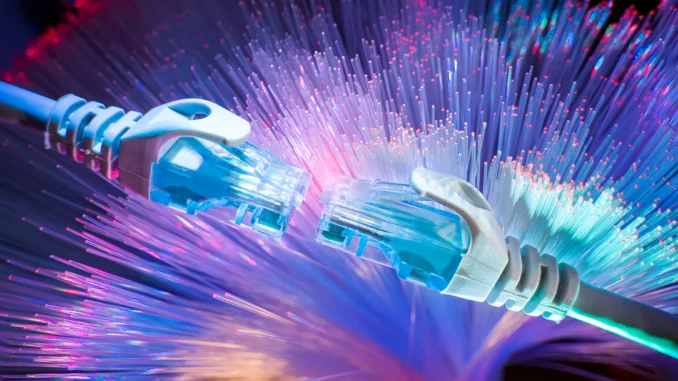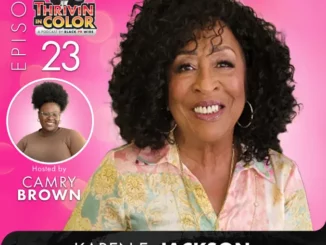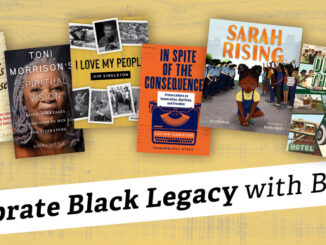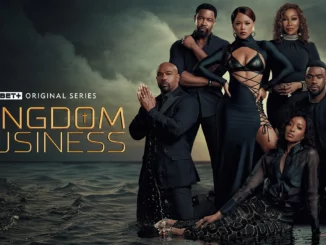
By Hazel Trice Edney (TriceEdneyWire.com)
NEWS ANALYSIS
Millions of children across the nation will be able to do their homework at home during the upcoming school year, thanks to strong leaders on both sides of the aisle who recognize that broadband has become a necessity. But that could soon end if Congress doesn’t quickly take action.
A federal initiative aimed at bridging the digital divide—the gap between those who have internet access and those who do not—could lose funding as soon as next spring if Congress doesn’t add more dollars to the program. The Affordable Connectivity Program (or the ACP, as it is called) provides crucial online access to people who might otherwise be unable to afford it. And it’s not just helping to level the playing field with education; it’s transforming the lives of more than 20 million households by expanding access to job opportunities, e-commerce, entertainment, political participation, communication with loved ones and more.
The ACP, administered through the Federal Communications Commission (FCC), was funded through the 2021 Infrastructure Investment and Jobs Act. It provides a discount of up to $30 per month toward internet service for eligible households and up to $75 per month for households in qualifying high-cost areas and on qualifying Tribal lands, as well as a one-time discount on the purchase of a laptop, desktop computer, or tablet.
The program’s participation rate, which now exceeds one-third of eligible households, far outweighs that of the Lifeline program, which offers a $9.25 discount on phone or internet service and has attracted less than one-in-five (19%) eligible households to enroll. Because of the program’s success, education, civil/human rights, religious and civically conscious groups are imploring the powers that be to not cast the 20 million participating households into the digital dark…to not allow the ACP to end.
“Letting the ACP lapse would hurt communities of color and our efforts to address the myriad systemic inequities they face,” reads a July 31 letter from the Congressional Tri-Caucus to President Joe Biden and Vice President Kamala Harris. “While the new FCC recent broadband map shows that more than 94% of housing units have access to broadband, a recent Pew survey found that just 71% of Black households and 65% of Hispanic households subscribe.”
Indeed, the affordability gap is much larger than the availability gap, which makes the Affordable Connectivity Program just as important as the Broadband Equity, Access, and Deployment (BEAD) Program, which is primarily focused on broadband infrastructure deployment. Recognizing the criticality of the ACP, Black religious leaders have also organized and appealed to the President to continue funding the nearly two-year-old program—even make it permanent.
For one, Rev. Dr. Renita J. Weems, then Coalition Leader for Black Churches 4 Broadband, wrote during the height of the pandemic: “We can end the digital divide once and for all with a permanent subsidy. We have subsidies to feed those who are food insecure. We have subsidies for those who need help with childcare, home energy and other essential needs. We need a similar program for the internet. We now stand ready to help the Biden team mobilize our communities around digital and information literacy. The future of our families and community depends upon it.”
The support for the ACP also dips deeply into the civil rights community, evidenced by an August 3 letter from the Multicultural Media, Telecom and Internet Council (MMTC) to congressional leaders. It was co-signed by many well-known and respected organizations in the Black community, including the A. Philip Randolph Educational Fund, Black Economic Alliance, Black Women’s Roundtable, and the National Action Network. The letter stated its mission as advocating for “equitable access to essential resources and services, including broadband connectivity for African Americans” and called the ACP “a lifeline for marginalized communities.”
The takeaway of this collective action is that the Black community agrees: Allowing the Affordable Connectivity Program’s money to run out would be catastrophic. The progress toward digital equity that’s been made with the help of the ACP would be rolled back, and millions of Black Americans would soon be left behind. Therefore, the Black community cannot back down on broadband.
Unlike many rancorous political issues, the ACP has received broad bipartisan support because the need for high-speed internet access transcends race, geography, religion and politics. As MMTC articulated in its letter, renewing the ACP is a “matter of equity, opportunity, and the future of our nation.”





